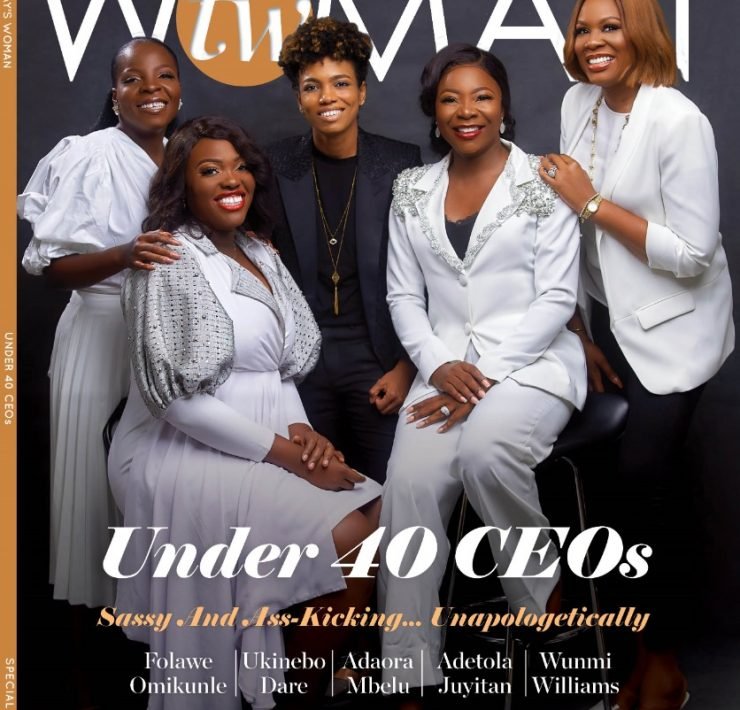Skin Lightening – Singer Dencia Releases ‘Whitenicious’ Skin Lightening Cream and It Sells Out!
Nigerian-Cameroonian pop musician Dencia is quickly becoming the talk of social media networks and Nigerian blogs with the release of her “skin care” line Whitenicious. Whitenicious promises to help users rid themselves of dark spots by gradually lightening the hyper-pigmented areas of their skin. However, from the looks of Dencia’s own skin, she’s been using it (or something more powerful) to transform her complexion from deep mahogany to vampire white.
According to its website, Whitenicious (priced between $50-$150) is a “fast acting, 7 day dark spot remover” that is “a moisturizing cream enriched with powerful natural ingredients that will nourish your skin and lighten dark knuckles, knees and elbows.” Before and after photos of Whitenicious users on some blogs show their once luminous dark skin transformed to milky white.

“Skin toning,” as it’s called in Nigeria, is big business. According to the World Health Organization, nearly 77-percent of Nigerian women, the highest percentage in the world, use skin-lightening products on a regular basis. While some lighten their skin to adhere to a Western standard of beauty, many women bleach their skin because it affords them better marriage prospects and a greater chance at social mobility.
Nigerian-American rapper Kingsley “Rukus” Okafor explains the obsession:
It’s hard to understand until you’ve been in the streets of an African nation,” he wrote in a comment on Britni Danielle’s Facebook page. “There’s a different treatment and desirability factor in Africa for lighter skinned women, well beyond what we experience in the US. It’s an epidemic. You can’t walk a day in the streets of Lagos without seeing someone who has/is bleached. The possible benefits (more respect, increased desirability to men) outweigh the consequences, especially in a male-dominated society where women’s “independence” is frowned upon. Finding a well-to-do husband/sugar daddy is a priority and women are willing to do what they have to, to fit standards of beauty. The euphemism is “skin-toning” and although “bleaching” is banned, skin-toning is a huge money-maker that I’m sure has lined the pockets of enough politicians to allow it to keep being sold despite international outcry.”
Nigerian musician Femi Kuti, son of legendary artist Fela Kuti, says many bleach their skin because they praise Western cultures and products, while dismissing their own.
He told Al Jazeera:
An African will prefer to be called John-Philip. If you said your name was Chukwu Emeka Afongkudong they will say you are from the village. You are backward. How can you have such a name? We really look down on our culture and heritage instead of being proud of it.
The consequences of skin-bleaching are well known. Skin burns, rashes, and permanent abrasions are commonplace. Moreover many creams contain toxic levels of mercury, and some include agents that may cause leukemia, and cancer of the liver and kidneys. Despite this, skin-bleaching has become a multibillion-dollar business around the world.
Although the practice is rampant in Africa, the industry’s popularity extends far beyond the continent. Nearly 61-percent of skin care products in India contain bleaching agents, and 40-percent of women in China, Malaysia, the Philippines, and the Republic of Korea admit to bleaching.
For her efforts Dencia has been inundated with criticism (and praise) about her skin-toning line via Twitter, but she isn’t fazed. Along with re-tweeting links to mentions of her product, she’s been taking on critics who deride her for promoting and capitalizing on self-hate.
WHAT ARE YOUR THOUGHTS ON SKIN BLEACHING? IS IT ANYONE’S BUSINESS?
Sign Up to Our Newsletter
Get notified about exclusive offers every week!










